UrbanTrans’ Site Design Engineering services are designed to create functional, efficient, and environmentally responsible development sites. From grading and servicing to erosion control and drainage planning, we provide comprehensive solutions that ensure your site is ready for construction.
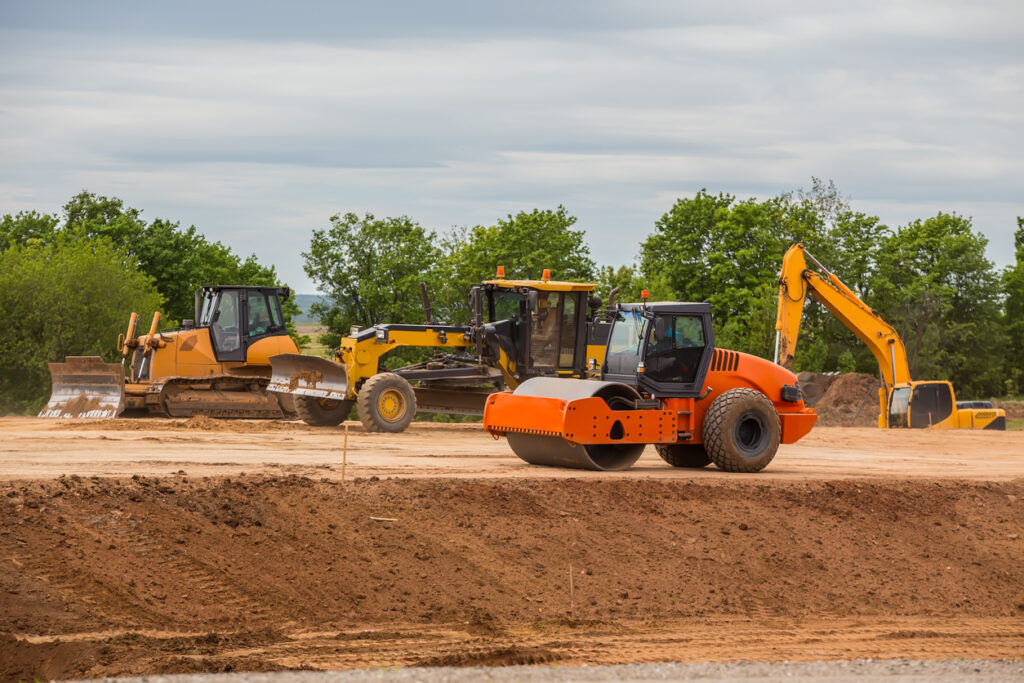
Our site grading services involve analyzing the topography and terrain of a property to develop optimized grading plans. We consider factors such as drainage, accessibility, and land use requirements to ensure that the site is properly shaped for construction. Our expertise in site grading helps minimize soil erosion, ensures proper drainage, and creates a level and stable foundation for development, prioritizing safety, aesthetics, and functionality.
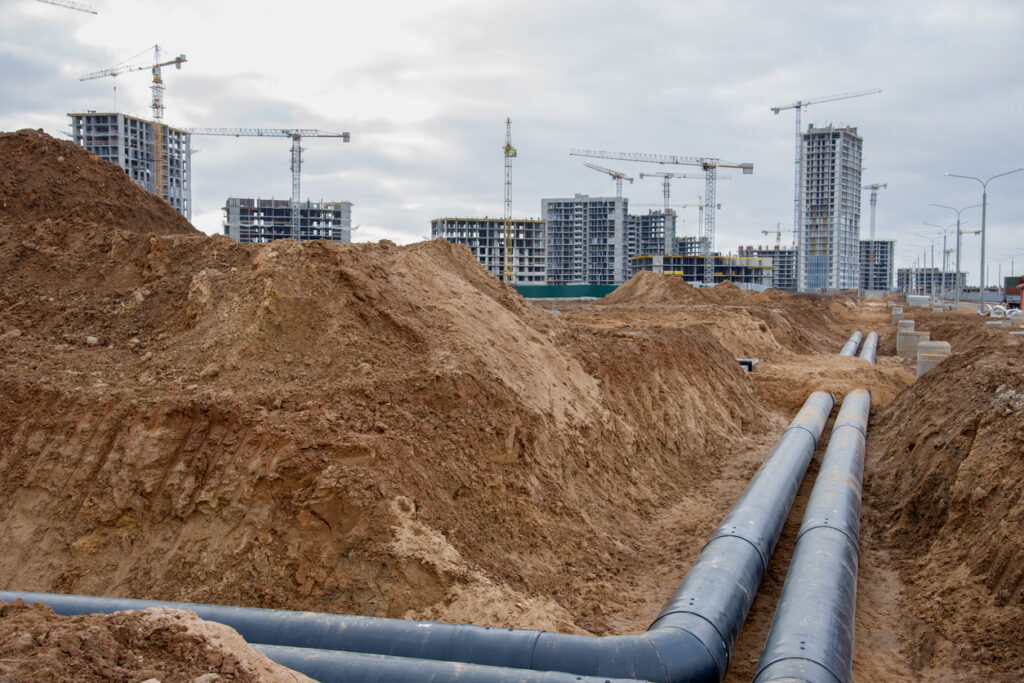
We offer comprehensive site servicing solutions that include the design and installation of essential infrastructure components, such as water supply, sewer systems, and utilities. Our team assesses the specific requirements of the site, including water demands, wastewater disposal, and utility connections, to develop detailed site servicing plans. We prioritize efficient distribution systems, sustainable practices, and compliance with relevant regulations to support seamless site development.
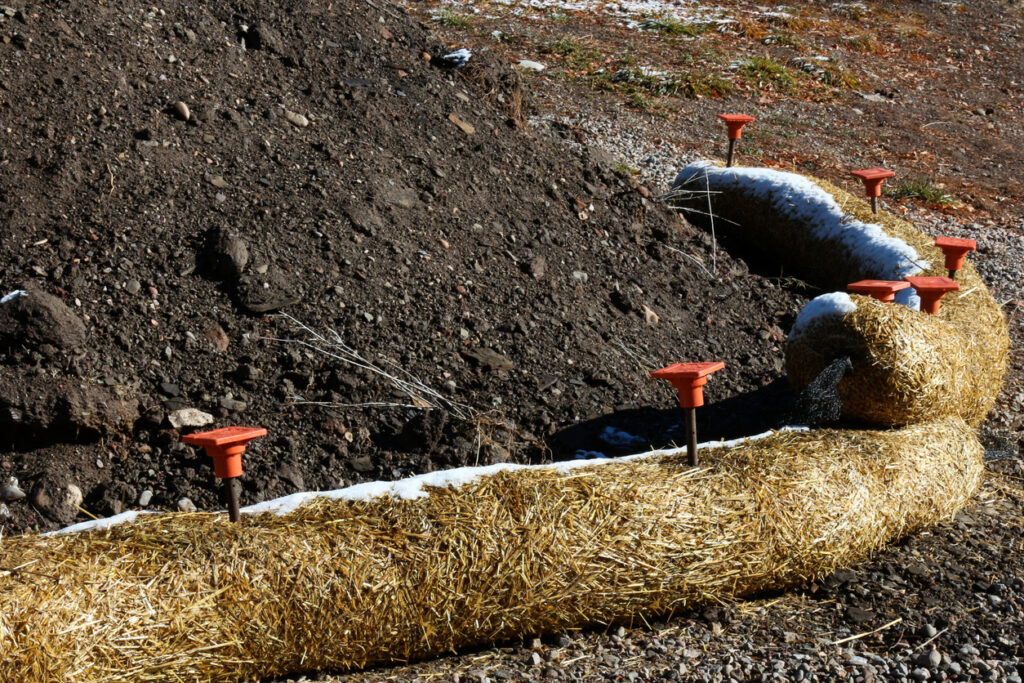
To protect the environment and prevent soil erosion during construction projects, we develop Erosion and Sediment Control Plans. Our plans incorporate effective measures, such as sediment barriers, erosion control blankets, and stormwater management techniques. We ensure compliance with environmental regulations, minimize sediment runoff, and protect nearby water bodies and ecosystems.
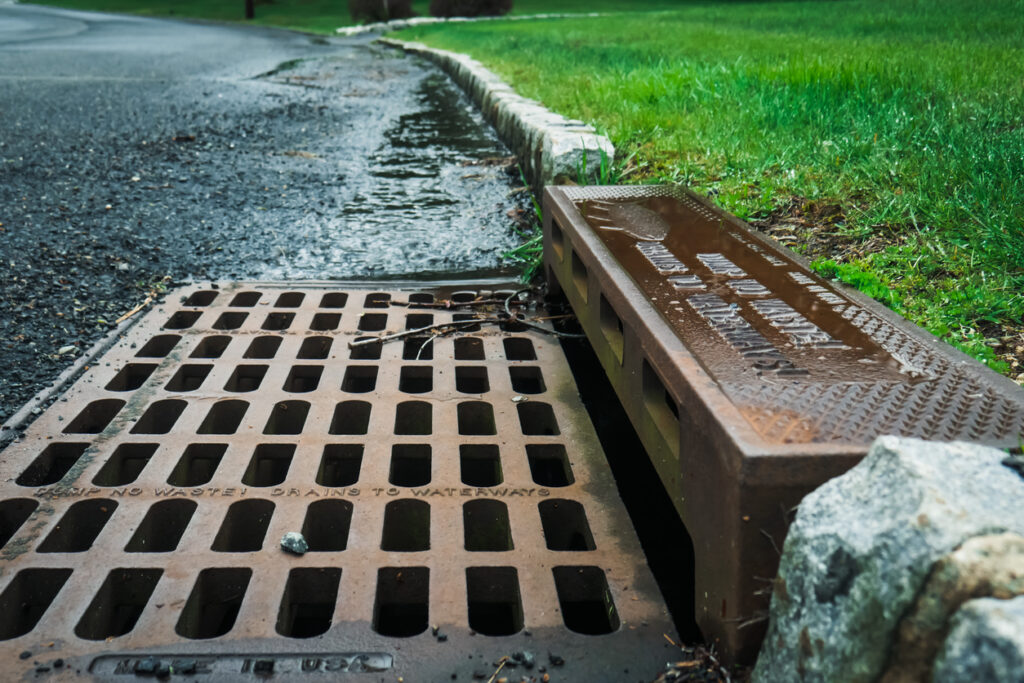
Our Drainage Area Plans involve analyzing and designing effective stormwater management systems for a site. We consider factors such as rainfall patterns, topography, and existing drainage infrastructure to develop comprehensive plans that mitigate flooding, control runoff, and promote sustainable drainage practices. Our goal is to ensure the efficient removal and management of stormwater while minimizing the impact on the surrounding environment.

Functional Servicing Reports (FSRs) provide a detailed assessment of the existing and proposed servicing infrastructure for development projects. Our team conducts thorough analyses of water supply, sanitary sewers, stormwater management, and utility connections. We develop FSRs that identify capacity requirements, evaluate servicing options, and propose recommendations to support the functional needs of the development while adhering to municipal regulations.

For subdivision projects, we offer comprehensive design services to ensure efficient land use and the development of infrastructure networks. Our team designs roads, utilities, open spaces, and pedestrian facilities, ensuring seamless integration with the existing transportation system and municipal infrastructure. We prioritize functionality, safety, and aesthetics to create vibrant and sustainable subdivisions.
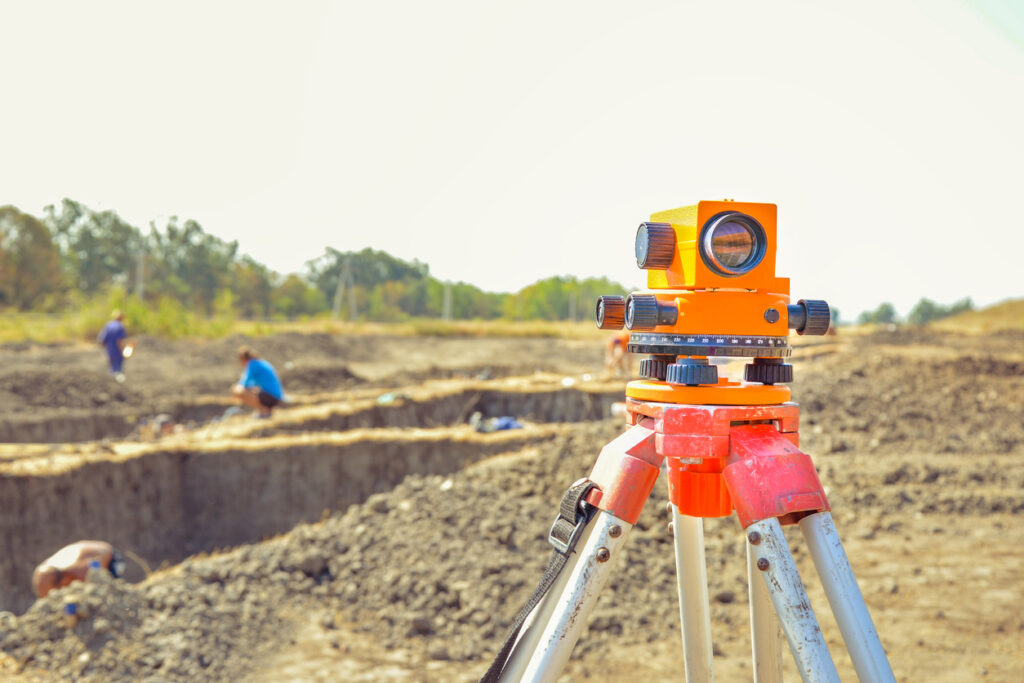
Our Earth Cut and Fill Analysis involves evaluating the site’s existing topography and determining the optimal distribution of soil to achieve desired elevations for construction. We utilize advanced software and engineering techniques to calculate the required earthworks, minimizing material handling costs and ensuring stability. Our analysis helps optimize site preparation, grading, and construction processes, leading to cost-effective and efficient site development.
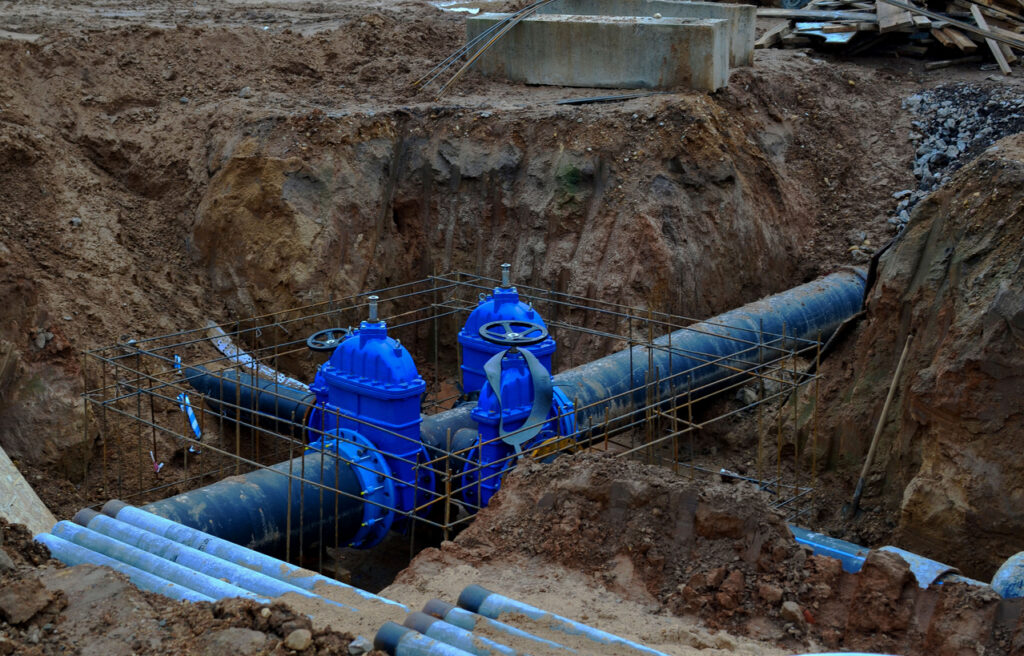
Our Storm and Sanitary Sewer Design services encompass the planning and engineering of efficient and environmentally sustainable sewer systems. We evaluate factors such as rainfall intensity, flow rates, and pipe network capacity to develop designs that effectively manage stormwater runoff and sanitary waste. We prioritize system integrity, hydraulic efficiency, and compliance with regulatory standards to create reliable and long-lasting sewer systems.

Sewer capacity analysis is an engineering process that evaluates a sewer system’s performance and capabilities. It involves flow monitoring under various conditions and creating hydraulic models to simulate wastewater flow. The analysis assesses the system’s ability to handle current and future flows, identifying potential issues such as undersized areas or infiltration problems. It considers factors like infrastructure, physical constraints, and regulatory requirements. Results are often visualized using GIS mapping. This process helps engineers recommend improvements, prioritize maintenance, and guide infrastructure investments to ensure the sewer system’s effectiveness and reliability, particularly during high-stress periods like wet weather events.

Cost estimation for civil engineering underground and at-grade work is a critical service that provides detailed approximations of project expenses. This process involves systematically breaking down projects using a Work Breakdown Structure and estimating costs for each component based on historical data, industry standards, and specialized software. For underground work, unique factors such as geotechnical conditions and specialized excavation techniques are considered.